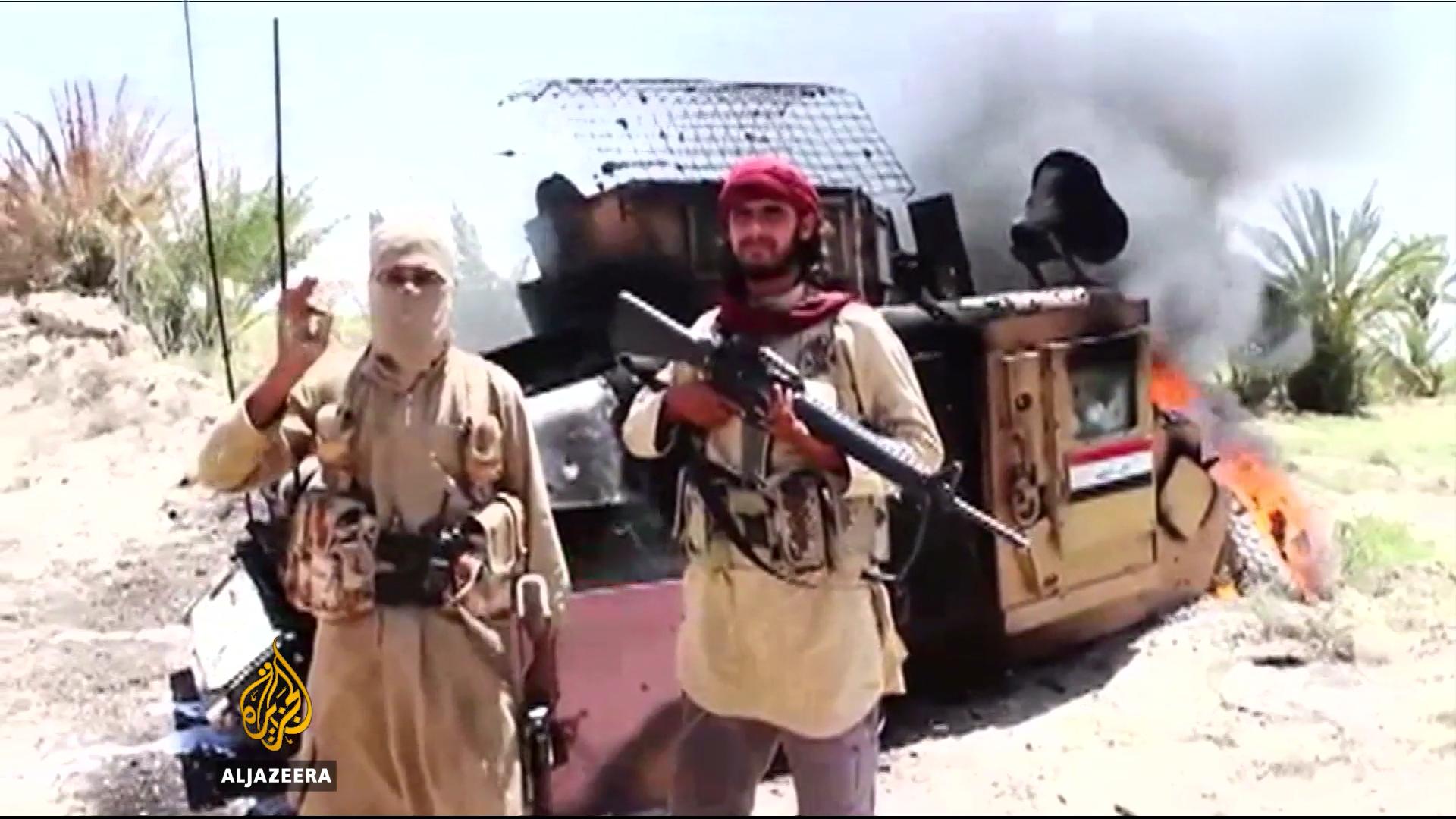
Analysis: Defeating ISIS Remains Daunting Task
It has been nearly three years since the Islamic State in Iraq and Syria (ISIS) captured Mosul and advanced rapidly…
Copyright 2024 U.S. Naval Institute. All Rights Reserved.